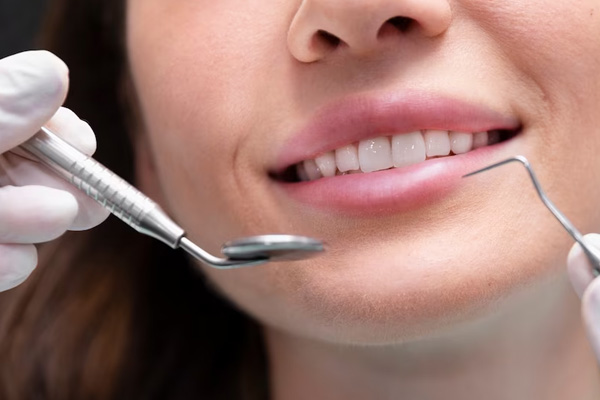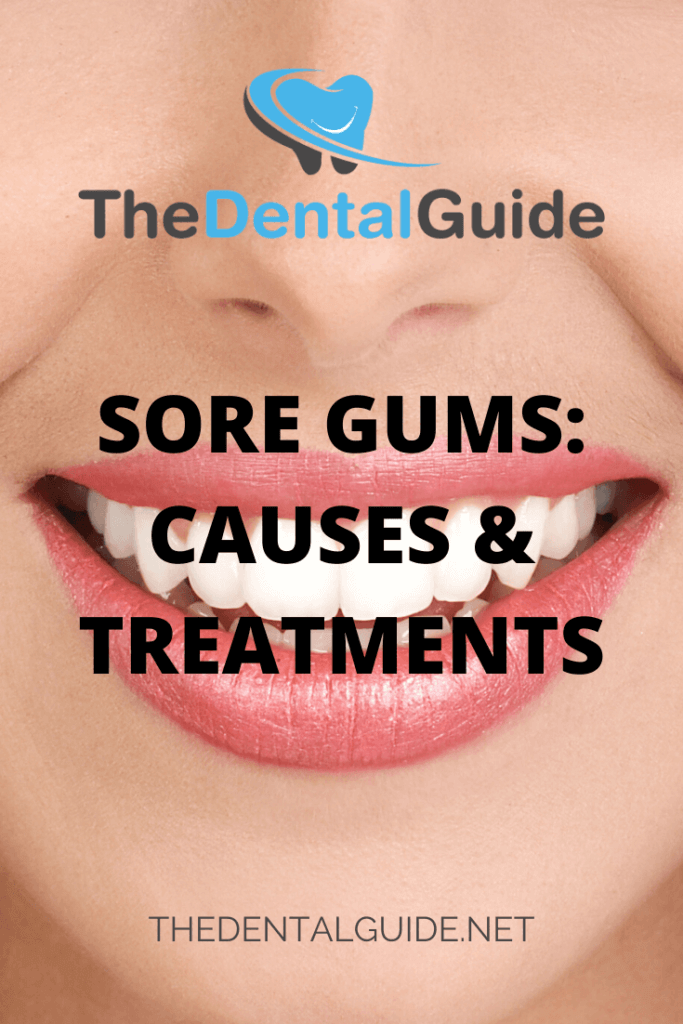Dental Filling Aftercare

The process of getting a dental filling is a common procedure that many people undergo to repair teeth that have been damaged by decay or trauma. While the actual filling process is typically quick and relatively painless, the aftercare is crucial for ensuring that the filling heals properly and lasts for a long time. In this article, we will delve into the key aspects of dental filling aftercare, exploring the essential steps you can take to promote healing, prevent complications, and maintain your oral health.
Immediate Aftercare
Immediately after the filling procedure, it’s essential to be gentle with your mouth. Your dentist may advise you to avoid eating or drinking for a certain period, usually until the anesthetic wears off. This is to prevent accidental biting of your tongue, cheek, or lips, as well as to ensure that you don’t eat or drink anything too hot or cold, which could cause discomfort or sensitivity.
Managing Sensitivity
Some sensitivity after a filling is normal, especially if the decay was close to the nerve or if the tooth was particularly sensitive before the procedure. Your dentist may recommend using a desensitizing toothpaste or applying a topical anesthetic gel to help manage any discomfort. In most cases, sensitivity should subside within a few days. However, if the sensitivity is severe or persists, it’s crucial to contact your dentist for further evaluation.
Oral Hygiene
Maintaining good oral hygiene is vital for the health of your filling and your overall oral health. Here are a few tips to keep in mind:
- Brushing: Continue to brush your teeth at least twice a day with a fluoride toothpaste. Be gentle around the filled tooth, especially in the initial days after the procedure. A soft-bristled toothbrush can help minimize irritation.
- Flossing: Flossing once a day is crucial to remove any food particles that might get stuck between your teeth. Be careful when flossing around the filled tooth, as you don’t want to dislodge the filling.
- Mouthwash: If recommended by your dentist, use a mouthwash to help reduce bacteria in your mouth. Some mouthwashes contain ingredients that can help strengthen tooth enamel and reduce sensitivity.
Dietary Considerations
What you eat and drink can significantly impact your dental filling aftercare. Here are some dietary considerations to keep in mind:
- Avoid Hard or Sticky Foods: For the first few days, it’s best to avoid foods that are hard, sticky, or chewy, as these can dislodge the filling or cause unnecessary stress on the tooth.
- Choose Soft Foods: Opt for a diet of soft foods for the first day or two after your filling. Yogurt, scrambled eggs, mashed potatoes, and soups are good options.
- Temperature Extremes: Avoid consuming extremely hot or cold foods and drinks, as these can cause sensitivity.
Follow-Up Appointment
Your dentist will likely schedule a follow-up appointment to check on the filling and ensure that it is healing properly. This is also an opportunity for you to discuss any concerns or issues you’re experiencing with your dentist. Even if you feel that everything is fine, it’s crucial to attend this appointment, as some issues may not be immediately apparent.
Long-Term Care
The longevity of your filling depends significantly on your long-term care and maintenance habits. Regular dental check-ups, good oral hygiene practices, and a balanced diet can all contribute to the health and durability of your dental filling.
Shift to a Healthy Lifestyle
Adopting a healthy lifestyle, including a balanced diet rich in fruits, vegetables, and whole grains, can help support your overall oral health. Avoiding sugary and acidic foods and drinks can reduce the risk of further tooth decay.
Potential Complications
While rare, there are potential complications that can arise after a dental filling, such as infection, allergic reactions to the filling material, or further decay under the filling. If you experience any unusual symptoms, such as increased sensitivity, pain, or signs of infection (swelling, redness, pus), contact your dentist immediately.
Conclusion
Dental filling aftercare is a critical component of ensuring the longevity and success of the filling procedure. By understanding the immediate and long-term care required, you can take proactive steps to promote healing, prevent complications, and maintain excellent oral health. Remember, regular dental check-ups and good oral hygiene practices are key to a healthy, happy smile.
What should I do if I experience sensitivity after a dental filling?
+If you experience sensitivity after a dental filling, start by using a desensitizing toothpaste. You can also apply a topical anesthetic gel as recommended by your dentist. If the sensitivity persists or is severe, contact your dentist for further evaluation and advice.
How long does it take for a dental filling to set?
+The setting time for a dental filling can vary depending on the type of filling material used. Most fillings, such as those made from composite resin, set immediately or within a few minutes after being placed. However, it’s advisable to follow your dentist’s specific aftercare instructions to ensure the filling heals properly.
Can I eat normally after getting a dental filling?
+It’s generally recommended to avoid eating or drinking for a period after the filling procedure, especially until the anesthetic wears off. After this, you can gradually return to your normal diet, but it’s advisable to avoid hard, sticky, or extremely hot/cold foods for a few days to protect the filling and ensure proper healing.

